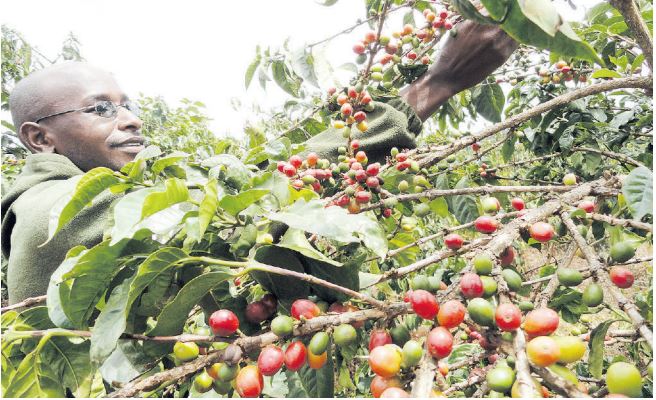

A chronic lack of financing for
small-scale farmers is undermining efforts to build sustainable and resilient
food systems, a new global study has shown.
The research conducted by Climate
Focus for the Family Farmers for
Climate Action (FFCA) says the funding gap has severe implications
for food security, global supply chains, poverty reduction and social
stability.
FFCA is a global alliance
representing 95 million small-scale producers across Africa, Latin America,
Asia and the Pacific.
According to the analysis,
small-scale farmers require US$443 billion (Sh57.2 trillion) annually
in climate finance to adapt to the impacts of climate change.
This figure is slightly less than
the US$470 billion (Sh60.7 trillion) the UN estimates is spent every
year on agriculture subsidies that harm the environment.
The report equates the need to an
average investment of US$953 (Sh123,127) per hectare.
In East Africa, US$34.6
billion (Sh4.47 trillion) is needed annually to meet adaptation costs for
small-scale farms, which account for around 75 per cent of agricultural
production and employment.
However, only US$180 million
(Sh23.2 billion) in international public climate finance reached
smallholder farmers in the region in 2021 — a mere 0.5 per cent of
the estimated requirement.
Globally, smallholders produce half
of the world’s food calories and sustain more than 2.5 billion livelihoods.
In Kenya, where agriculture
contributes 20 per cent of GDP and employs more than 70 per cent of the rural
population, there are 7.5 million smallholder farmers, accounting for 80
per cent of national food output.
The report warns that climate
extremes are worsening, with droughts, floods and storms damaging harvests,
driving hunger and pushing up food prices.
FFCA has called for a major boost
in adaptation finance, including creation of a dedicated “Farmers
Fund” to channel resources directly to smallholders.
“This isn’t charity — it’s an investment in global food security,” Elizabeth Nsimadala, president of the Eastern Africa Farmers Federation, said. “Investing in smallholder adaptation benefits us all.”

















